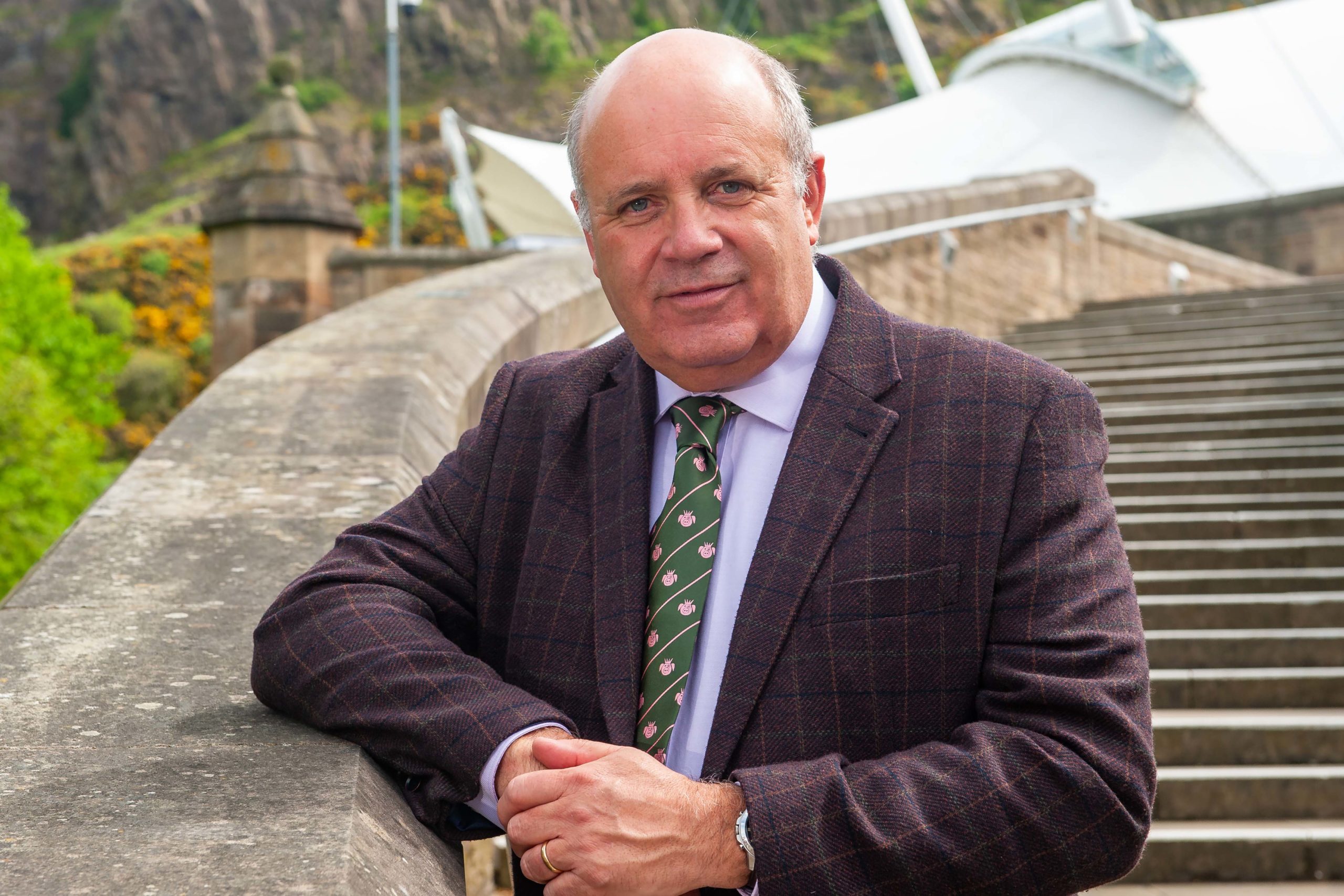 The Visitor Levy Bill has this week been passed by the Scottish Parliament, bringing to a close the decade-long debate over whether councils should have the power to introduce a levy or ‘tourist tax’.
The Visitor Levy Bill has this week been passed by the Scottish Parliament, bringing to a close the decade-long debate over whether councils should have the power to introduce a levy or ‘tourist tax’.
The Scottish Parliament has firmly decided that they should, with councils now legally empowered to start exploring the introduction of a levy.
However, the hospitality industry had asked that there be a minimum 18-month period to prepare for the introduction of any local visitor levy, and MSPs passed the Bill with that stipulation in place.

Scottish Investment Minister Tom Arthur said: “We share a vision with the tourism industry for Scotland to be a global leader in tourism and one of the most economically, environmentally and socially sustainable destinations in the world. A visitor levy can help achieve that vision by empowering councils to raise funding, if they wish to do so, that can be invested in local visitor services and activities.
“This Bill has been a clear example of partnership working between the Scottish Government, local authorities and the tourism industry, in line with the New Deal for Local Government and New Deal for Business,” said Arthur.
“We have sought to deliver as much flexibility to local authorities as possible and to listen to businesses to make it as easy as possible for them to adopt these measures.”

City of Edinburgh Council Leader, Cammy Day, made it clear that the capital’s administration is keen to take advantage of the new levy provision, and would have done so sooner if it could. He said: “We’ve long campaigned to gain these powers for Edinburgh, helping us to reap the rewards of being one of the world’s most popular visitor decisions and generating huge benefits to the city and our residents. So, it’s a momentous day to finally see the Bill pass through Parliament.
“I remain hopeful that we’ll be among the first cities to implement a levy and, while I’m disappointed that the 18-month implementation period remains in place, I do acknowledge the additional preparation time this will provide to the hospitality sector.
“We will, of course, continue to work closely with the sector, VisitScotland and other partners to develop the scheme in the months and years ahead, ensuring we make the very best of this huge opportunity for our city.
He added: “A small overnight charge is common practice in other major cities and destinations and the introduction of a levy will provide a sustainable funding stream that can support culture in the city and our infrastructure, to the benefit of our visitors and, crucially, the people who live here in our great capital city all year round.”

Executive Director of UKHospitality Scotland, Leon Thompson, welcomed the slower approach: “UKHospitality Scotland is pleased that MSPs agreed with our members that a minimum period of 18-months for preparation, after a council formally decides to introduce a levy, be retained in the legislation. Anything less would have undermined the ability of both councils and businesses to prepare adequately for the introduction of any levy.
“The minimum 18-month period ensures there will not be a levy in place anywhere in Scotland until 2026 at the earliest.
“We also welcome the legislation’s commitment to ensuring funds raised are used to support and boost facilities used by leisure and business visitors, alongside the creation of local Levy Forums to discuss how funds should be allocated.
“It is now for councils considering introducing a levy to work with accommodation providers, alongside the wider hospitality and tourism sector.
Thompson added: “To help ensure consistency and a clear approach to introducing any levy, UKHospitality Scotland has worked with industry partners and colleagues in local authorities, to develop statutory guidance that will assist any council considering developing a scheme. This guidance will be vital to ensure proper consideration is given to the merits, or otherwise, of establishing a scheme and will be published this summer.”
He cautioned: “Charges will add additional cost to holidays for international and domestic visitors. This will add to the competitive disadvantage Scotland currently faces. Over and above cost considerations, if handled badly, levies will have consequences for the reputation of Brand Scotland. I urge councils to listen to the voice of business when considering the introduction of a levy.
“Whilst the charge will be for visitors to pay, accommodation providers will face considerable costs in preparing IT and administration systems to handle charging and taking receipt of levy payments.
“UKHospitality Scotland will continue to support our businesses in calling for cost recovery from councils. After all, as councils look to recover their costs in preparing to introduce a levy, it is only fair and appropriate that accommodation providers, charged with collecting the tax, be compensated.”

Chief Executive of the Scottish Tourism Alliance, Marc Crothall, said: “Proposals to introduce a visitor levy in Scotland have been contentious for the tourism sector for a number of years and for many reasons. We have accepted that this is a policy which will be implemented within the next three years and we welcome the Scottish Government’s decision to adopt key recommendations which have been put forward formally by the tourism and hospitality industry.
“All income raised by any local authority that decides to proceed in implementing a Visitor Levy must be used to enhance tourism, which as a sector delivers significant economic benefits for the nation and our communities,” said Crothall.
“The Visitor Levy must be viewed as a force for good, rather than being labelled as a ‘tourism tax’, which is extremely damaging for Scotland’s reputation as a desirable tourist destination to domestic and international visitors.”
“The tourism and hospitality industry are keen to continue working with the Scottish Government and local authorities to ensure the best possible outcome for Scottish tourism, ensuring that it contributes to our shared national ambition to become the world leader in 21st century tourism.
“We must get this right for visitors, businesses, communities, and local authorities, while protecting Scotland’s global image as a must-visit destination.”



















